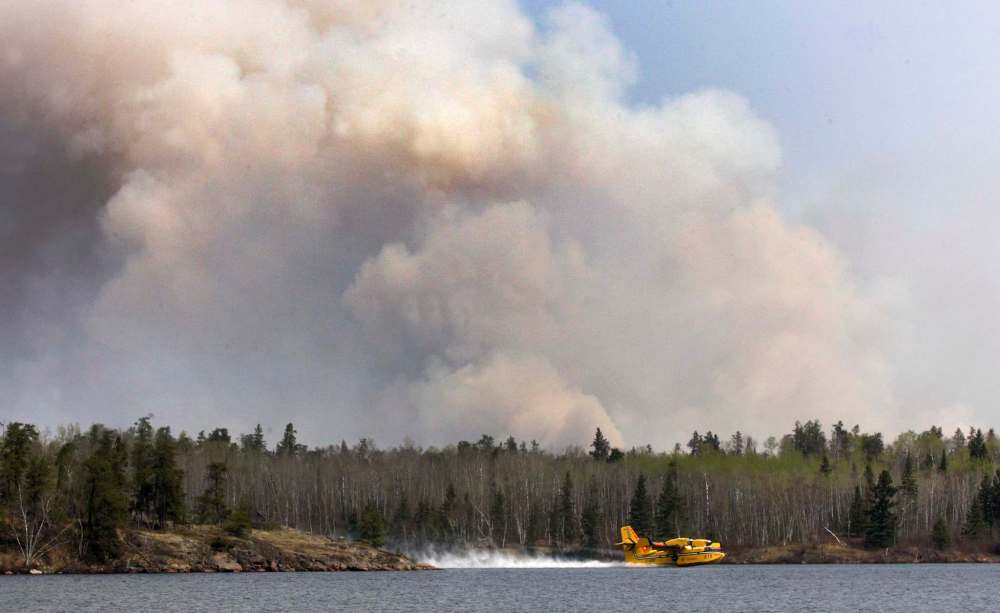Conditions ideal for fires
Advertisement
Read this article for free:
or
Already have an account? Log in here »
To continue reading, please subscribe:
Monthly Digital Subscription
$1 per week for 24 weeks*
- Enjoy unlimited reading on winnipegfreepress.com
- Read the E-Edition, our digital replica newspaper
- Access News Break, our award-winning app
- Play interactive puzzles
*Billed as $4.00 plus GST every four weeks. After 24 weeks, price increases to the regular rate of $19.00 plus GST every four weeks. Offer available to new and qualified returning subscribers only. Cancel any time.
Monthly Digital Subscription
$4.75/week*
- Enjoy unlimited reading on winnipegfreepress.com
- Read the E-Edition, our digital replica newspaper
- Access News Break, our award-winning app
- Play interactive puzzles
*Billed as $19 plus GST every four weeks. Cancel any time.
To continue reading, please subscribe:
Add Free Press access to your Brandon Sun subscription for only an additional
$1 for the first 4 weeks*
*Your next subscription payment will increase by $1.00 and you will be charged $16.99 plus GST for four weeks. After four weeks, your payment will increase to $23.99 plus GST every four weeks.
Read unlimited articles for free today:
or
Already have an account? Log in here »
Hey there, time traveller!
This article was published 09/05/2016 (3448 days ago), so information in it may no longer be current.
Western Canada is experiencing tinderbox conditions perfect for wildfires, a University of Winnipeg forest ecology professor said.
“We can say it’s a combination of several different things — we’ve seen the same things with Fort McMurray (Alta.),” Prof. Andrew Park said.
A mild winter with less-than-average snowfall, an early spring and warm weather created the conditions.

Dead wood, leaves and ground vegetation have dried out and they burn easily, he said.
Meanwhile, windy conditions exacerbated the problem.
“The fine fuels on the forest floor are extremely dry — anything can set them off. They create the perfect conditions for the ignition and spread of fire.”
Unless there’s evidence of lightning in the Whiteshell, it’s likely the fires started because of unintentional human error, he said.
“People often assume young forests are less likely to burn,” but that’s not always the case, Park said. “The longer you go without a fire in a boreal forest, the more likely dead wood on the forest floor is to dry up.”
Park said the lack of logging in the Whiteshell may not be a factor, given that fires can jump large distances. An area clear-cut “will inhibit crown fire,” which moves across treetops, but the fuel fragments on the ground can be carried distances in the air, he said.
“Is a clear-cut a barrier to fire spreading? Maybe, maybe not,” he said.
Parts of the U.S. have reduced the spread of wildfires by controlled burns or fire breaks around communities, Park said.
“Obviously, in the Whiteshell that’s difficult,” he said.



